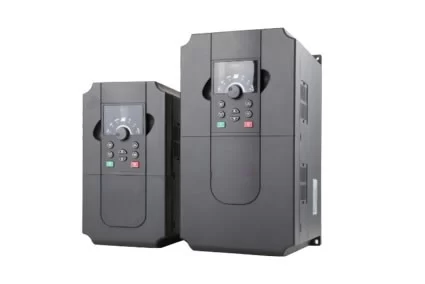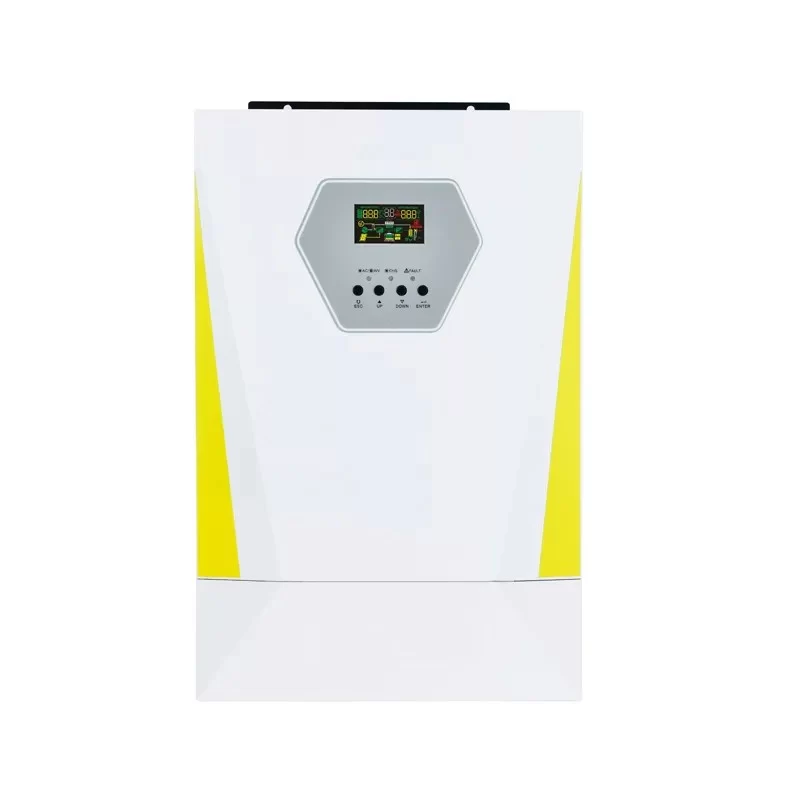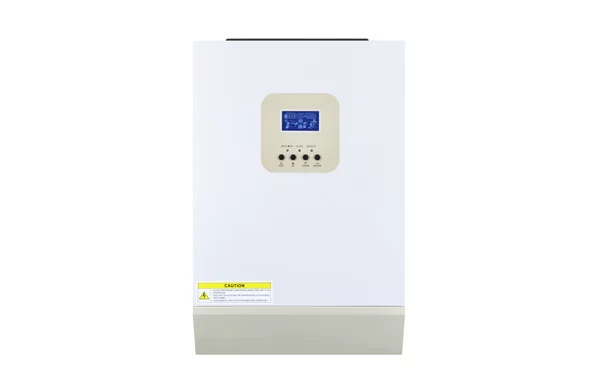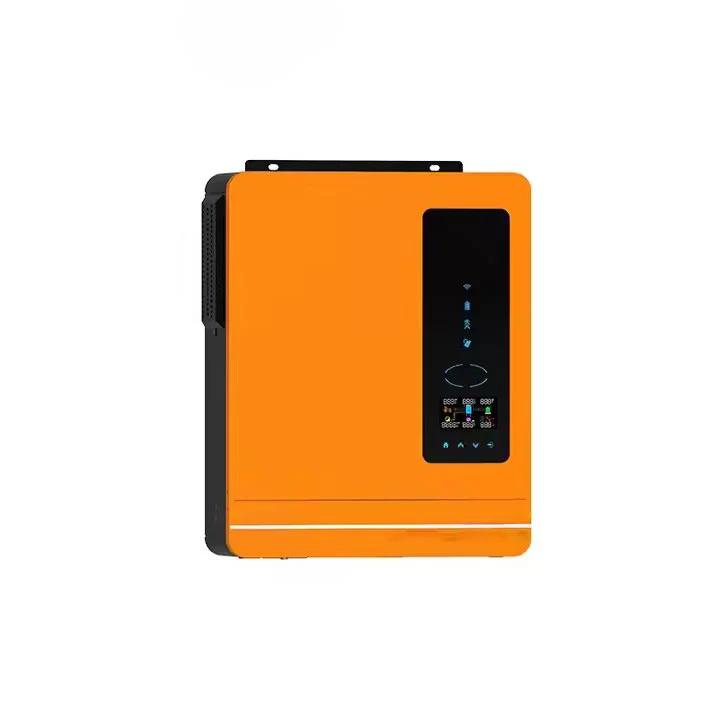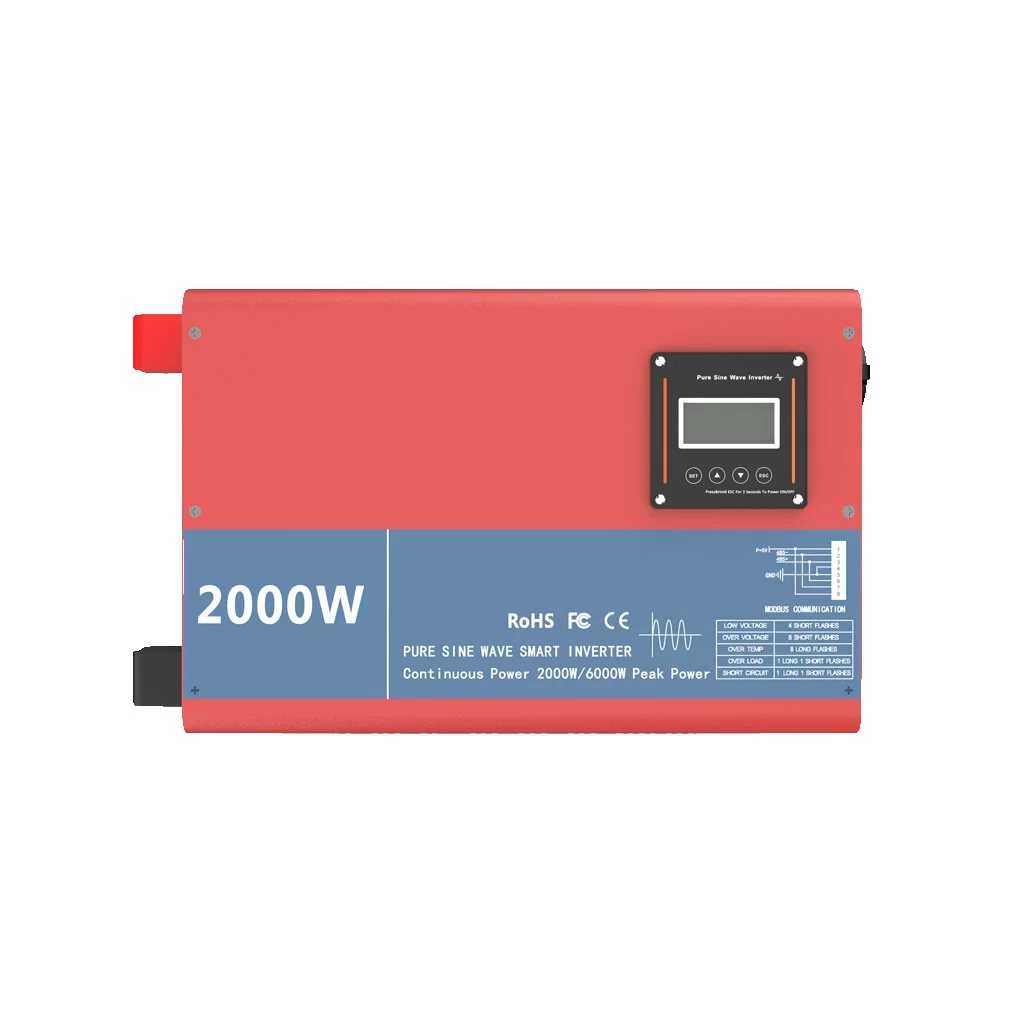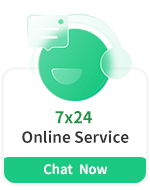Get A Quote Now!
Is It Feasible to Store Energy in Residential Self-Owned Batteries?
Have you ever wondered if storing energy in your own home is a good idea? With the rise of renewable energy sources and the push for sustainability, more homeowners are considering the feasibility of battery household systems. This shift is not just about saving on electricity bills; it’s about energy independence and environmental responsibility. Let’s explore whether it makes sense to invest in a home battery system and how you can ensure your batteries are performing at their best, including tips on the best battery tester for household batteries.
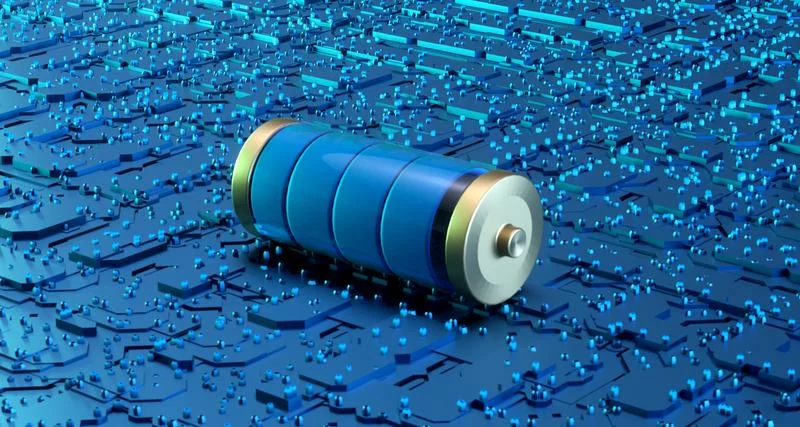
Understanding Household Battery Systems
Storing energy in a household inverter battery can provide significant advantages. These systems work by capturing and storing energy from renewable sources, such as solar panels, and using it when needed. Here’s why you might consider this option:
- Energy Independence: By generating and storing your own power, you can reduce your reliance on the grid.
- Cost Savings: Although the initial investment may be high, the long-term savings on electricity bills can be substantial.
- Backup Power: In case of a power outage, having a battery system can keep your essential appliances running.
How Do Battery Systems Work?
A battery charger household system typically integrates with your home’s energy system. Here’s a simplified breakdown of how it functions:
- Energy Generation: Solar panels convert sunlight into electricity, which is used to charge the battery.
- Energy Storage: The household inverter batterystores excess energy for later use.
- Power Usage: When the amount of electricity used at home exceeds the amount of electricity generated (such as during nighttime or daytime when there is more electricity consumption), the previously stored electricity will be used up.
This setup allows homeowners to manage energy usage more effectively and take advantage of lower rates during off-peak hours.
Choosing the Right Battery System
Not all batteries are created equal. When considering a battery storage system, keep these points in mind:
- Battery Type: Lithium-ion batteries are popular due to their efficiency and longevity. They also require less maintenance compared to traditional lead-acid batteries.
- Capacity: Determine how much energy you need to store based on your household consumption patterns.
- Compatibility: Ensure that your battery system can integrate with your existing inverter and energy management system.
Huijue Group’s All-in-One System
One standout option is Huijue Group’s new generation of household energy storage and inverter all-in-one system. This innovative solution combines photovoltaic storage inverters, energy storage lithium batteries, and energy management systems, allowing for:
- Real-time Monitoring: Keep tabs on your system’s performance via a mobile app.
- Intelligent Management: Balance electricity consumption to optimize usage and reduce costs.
- Space Efficiency: Its integrated design saves space, making it suitable for both residential and commercial buildings.
With such advancements, investing in battery storage is becoming increasingly feasible and beneficial for homeowners.
Maintenance Matters: Testing Your Batteries
To ensure your battery system operates efficiently, regular maintenance is crucial. This includes using the best battery tester for household batteries to monitor their health. Here are some tips:
- Check Voltage Levels: Regularly test the voltage to ensure your batteries are charged correctly.
- Look for Corrosion: Inspect terminals and connections for any signs of corrosion, which can affect performance.
- Follow Manufacturer Guidelines: Always adhere to the maintenance instructions provided by your battery manufacturer.
Conclusion
Is it reliable to store electricity at home? Absolutely reliable! As long as you choose the right system and maintain it properly, homeowners can generate electricity and use it themselves, saving electricity costs without worrying about power outages. Technology is advancing, and the way of storing electricity at home is getting better and better, becoming an increasingly worthwhile choice to consider.

